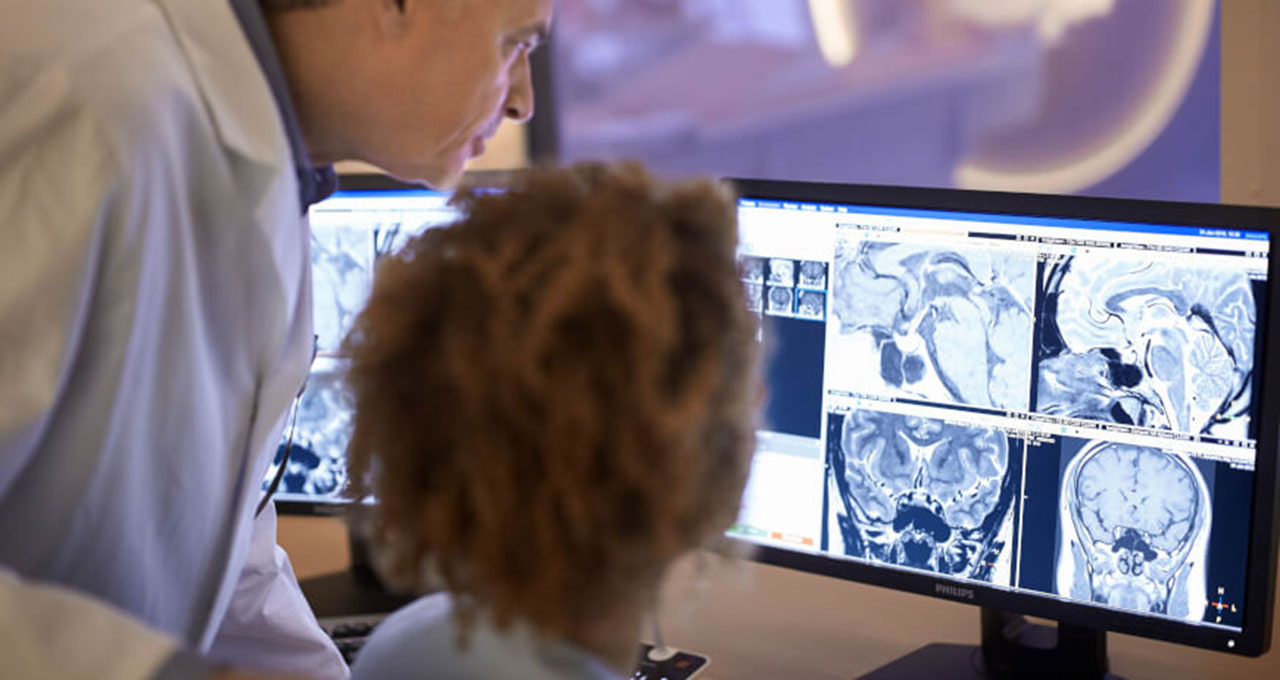Speedy diagnoses are critical, especially when a loved one seems to be slowly losing their cognitive abilities.
Researchers from the Kaunas University of Technology in Lithuania report they’ve developed a deep learning-based method able to predict the possible onset of Alzheimer’s disease from brain images with an accuracy of over 99 percent.
The impact of faster Alzheimer’s diagnoses could be huge. The disease — the most common cause of dementia — already affects 24 million people every year, according to the World Health Organization. Those numbers will grow as the world’s population ages.
Speed is critical with Alzheimer’s. While there is no cure, several studies have shown significant advantages to starting treatment early in the course of the disease.
“Think of a machine as a robot capable of doing the most tedious task of sorting the data and searching for features,” Rytis Maskeliūnas, a researcher at Kaunas University who supervised the team working on the model, said in a statement.
“After the computer algorithm selects potentially affected cases, the specialist can look into them more closely,” Maskeliūnas said. “Everybody benefits as the diagnosis and the treatment reaches the patient much faster.”
Early signs of Alzheimer’s can be challenging for ordinary people to spot in their friends and relatives. It can be hard to distinguish the mild cognitive impairment, or MCI, that’s the first sign of Alzheimer’s from the usual effects of aging.
While functional magnetic resonance images of the brain promise to help, the problem, researchers point out, is spotting the signs of Alzheimer’s in these images requires specific knowledge and takes time.
Deep learning techniques promise to speed this process up significantly, allowing those affected to be swiftly steered toward an evaluation by a medical professional.
The Kaunas University team’s deep learning-based model was based on the well-known ResNet 18 neural network, classifying fMRI images from 138 subjects.
The researchers trained their model on workstations equipped with NVIDIA GPUs on images from the Alzheimer’s Disease Neuroimaging Initiative fMRI dataset.
The trained model was then able to effectively find the MCI features, achieving a classification accuracy of 99.99 percent when distinguishing between mild cognitive impairment and early Alzheimer’s.
The model also achieved 99.95 percent accuracy when distinguishing between late MCI versus Alzheimer’s disease and MCI versus early MCI.
“Although this was not the first attempt to diagnose the early onset of Alzheimer’s from similar data, our main breakthrough is the accuracy of the algorithm,” Maskeliūnas said. “Such high numbers are not indicators of true, real-life performance, but we’re working with medical institutions to get more data.”
In the future, the algorithm could be the basis of software able to swiftly analyze data from vulnerable groups — such as those over 65 or with a family history of dementia — and alert medical personnel.
